Covid and the Family
Children and teens have been impacted significantly by the Covid 19 pandemic. They could not always go to school or see their friends and family members. Wearing masks, though so important for safety, was a detriment for social interactions with peers and teachers. Also, lots of parents could not always work, making access to money, food, and shelter unstable. Many children and teens found themselves feeling that their future was uncertain. At times, overly stressed parents and caregivers found themselves taking out their own feelings of helplessness out on their children and teens. It has been a very hard time for a great number of families.
Children may feel anxious being around other children and adults, some of whom are wearing masks and others who may not be wearing masks. Teens may feel awkward and unsure how to behave with peers, having mainly “hung out” online and not in person.
The pandemic also necessitated children and teens having a lot of access to and time on computers/screens of all sorts. This access may not have come with much supervision. Online predators or older children and youth may have taken advantage of others who are younger, or even peers. They may have convinced and pressured them to send naked or partially naked pictures which then become leverage for further harm.
It is vital that we as parents, grandparents, teachers, childcare, and afterschool providers pay attention to and look over the messaging our children and teens are involved in with their electronic devices, as well as paying attention to their stress levels. Are they okay? Are they nervous, anxious, angry, tired, or sad? Have they developed eating issues? Do they seem to be afraid of others or unable to concentrate? Are they self-harming/ “cutting”, or are they having trouble sleeping? Are they wearing very baggy clothes, or clothes that seem inappropriate for their age? Very young children who have been sexually abused may masturbate in public and/or try to engage other children in sex play. Reactions to trauma can take many forms and look different in different children and teens.
Take time with children and teens in your care; it is something you will never regret prioritizing, as limited as time can be…Let them know you are there for them and are open to listening to whatever they want to talk about. Some may open up quickly, while many will not. Always keep good boundaries and do not assume a hug will be welcome or comfortable. Always ask before you touch.
It may take many months and even years before we fully understand the impact this pandemic has had on children and teens. That said, we can each make a big difference in how well and how soon children and teens who have been harmed will recover by demonstrating our care for them.
For support, contact the Vermont Parents Helpline at 1 800 CHILDREN. To report the suspicion of child abuse and/or neglect call the Vermont Department for Children and Families Central Report Line at 1 800 649 5285.
Linda E Johnson, Executive Director
Prevent Child Abuse Vermont

